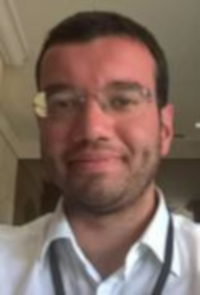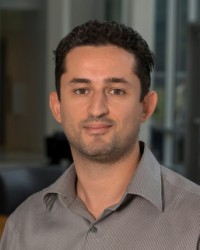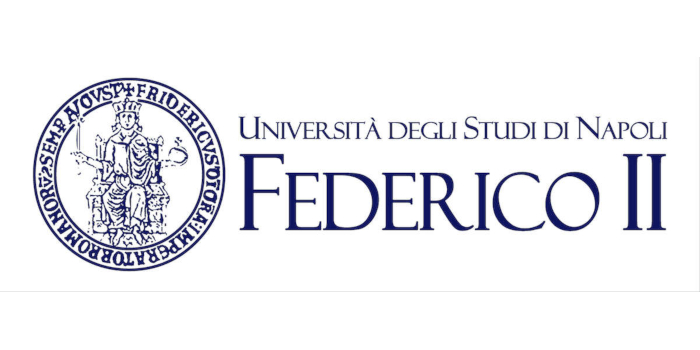Anomaly detection in Cyber Physical Systems
ORGANIZED BY

Vincenzo Moscato
University of Naples Federico II, Italy

Giancarlo Sperlì
University of Naples Federico II, Italy

Massimiliano Albanese
George Mason University, US
ABSTRACT
In recent years, several anomaly detection methods have been proposed in different domains, although traditional approaches cannot be directly applied to ensure the security of cyber-physical systems (CPS) due to the increasing complexity of CPSs and more sophisticated attacks. In particular, these methods can be faced with the growing volume of data and need domain-specific knowledge, that requires innovative models integrating advanced artificial intelligence models together with different sources of information (i.e., measurements from IoT sensors, topology and network information).
In the last several years, more and more Artificial Intelligence systems have been designed using complex and sophisticated architectures to reach unprecedented predictive performance, assisting humans in the most diverse domains.
The aim of this Session is to present recent advances in the field of anomaly detection for Cyber Physical Systems to help advance the scientific research within the broader field of artificial intelligence and security using machine learning, deep learning and big data techniques. In particular, the aim is to analyze how these techniques can be applied to the entire cyber-physical system and its components.
TOPICS
Topics of interest include, but are not limited to:
- Theory/foundation of anomaly detection, such as optimization and learnability, anomaly explanation, and reasoning model for CPS;
- Supervision in anomaly detection, such as semi-supervised anomaly detection, unsupervised anomaly detection, supervised anomaly detection, and ensemble model for CPS;
- Anomaly detection based on deep learning, such as representation learning-based methods, sequence learning-based methods, reinforcement learning-based methods, transfer learning-based methods, and generative models for CPS;
- Spatial-temporal data anomaly detection for CPS;
- Intrusion/malware detection in systems for CPS;
- Risk assessment for CPS;
- Adversarial attacks on anomaly detection for CPS;
- Energy-Efficient AI Methods for Internet of Things and Edge Computing for CPS.
ABOUT THE ORGANIZERS
Vincenzo Moscato is currently an Associate Professor of Database and Information Systems in the Department of Electrical Engineering and Information Technologies at the University of Naples Federico II, where he received his Ph.D. degree in Computer Science and Engineering. His current research interests are in the area of multimedia, knowledge management and Big Data analytics. He was involved in several international, national, and local research projects and has co-authored more than one hundred publications in international journal and conference proceedings.
Giancarlo Sperlì is an Assistant Professor at the Department of Electrical and Computer Engineering of the University of Naples Federico II. He obtained his PhD degree in Information Technology and Electrical Engineering at the same University defending his thesis: "Multimedia Social Networks". He is a member of the Pattern analysis and Intelligent Computation for mUltimedia Systems (PICUS) research group. His main research interests are in the area of Deception Analysis, Social Networks Analysis, Big Data analytics and Multimedia analysis. Finally, he has co-authored about 81 publications in international journals, conference proceedings and edited books.
Massimiliano Albanese is an Associate Professor in the Department of Information Sciences and Technology at George Mason University and serves as the Associate Director of the Center for Secure Information Systems (CSIS). He received his PhD degree in Computer Science and Engineering from the University of Naples Federico II in 2005, and joined George Mason University in 2011 after serving as a Postdoctoral Researcher at the University of Maryland, College Park. His research interests are in the area of Information and Network Security, with particular emphasis on Modeling and Detection of Cyber Attacks, Cyber Situational Awareness, Network Hardening, Moving Target Defense, and Adaptive Cyber Defense. He has participated in sponsored research projects totaling over $11M, with a personal share of $2.9M. He holds a U.S. Patent and has co-authored a book, 19 book chapters, and over 70 papers in peer-reviewed journals and conference proceedings. He is one of the three recipients of the 2014 Mason Emerging Researcher/Scholar/Creator Award, one of the most prestigious honors at Mason.


















